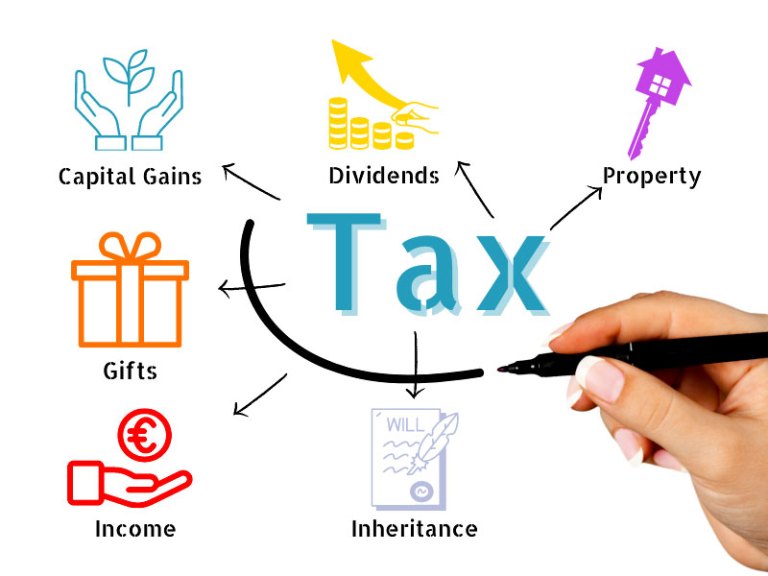In France, an annual wealth tax is applied in addition to income tax. French wealth tax applies to all residents of France and includes worldwide assets.
We talk to Graham Downie, a consultant with Leggett Immobillier, the award-winning property agency in France about French Wealth tax – what it means and who pays it…
How does the French wealth tax work?
The wealth tax (Impôt sur la fortune immobilière) is known as IFI. It’s a tax on real estate assets for individuals. It replaced the Impôt de solidarité sur la fortune tax (ISF) in January 2018
Who has to pay the wealth tax?
IFI is payable by taxpayers whose real estate assets exceed a limit currently set at 1.3m euros (2021).
The first €800,000 is tax free and tax is then applied on a sliding scale from 0.5% to 1.5% for property over €10m. The French Government has an excellent online tool for calculating your IFI at impots.gouv.fr/portail/particulier/calcul-de-lifi
If you are a fiscal resident, and therefore tax registered in France, you will be subject to the IFI, which is levied on all of your worldwide real estate assets.
UK nationals are not subject to IFI for the first five years of residence. If you’re not resident in France, you’re liable only for French property.
How does the taxation take place?
The taxation is calculated per tax household and a person living alone counts as a full tax household.
Married couples form the same tax household and are therefore subject to common taxation, regardless of their matrimonial property regime. However, there are two exceptions. If spouses are married under the French regime of separation and live separately, each is liable to the IFI but solely on their personal holdings. Also if spouses are in the midst of a legal separation or divorce.
People who live together, or those in a civil union, are subject to common taxation on all of their assets.
Note that property belonging to minors forms part of the estate, and should be declared.
Which assets can be taxed with the wealth tax?
Subject to exemptions, the taxable property in terms of the Impôt sur la fortune immobilier, includes:
- existing buildings (houses, apartments, etc.), and land or undeveloped buildings (agricultural land, open barns etc.). It should be noted that the main residence benefits from a 30% reduction on its value.
- Investments related to real estate: SCPI, OPCI
- A portion (relating to real estate assets) of the redemption value of an Assurance Vie.
Which assets are exempted from the wealth tax?
There are some exemptions:
- professional real estate – property related to the main activity of the taxpayer and of his spouse, civil union partner, cohabiting partner, and minor children. This includes commercial property, retail units, medical offices, etc. Professional furnished rentals are also entitled to this exemption.
- Forests and woodland up to 75% of their value, as well as shares in forestry communities. However, shares in forestry investment plans are not included.
What deductions can be made?
There are deductions from any property related debt which is payable by the taxpayer on January 1 of the taxation year, including:
- ongoing property loans (up to the amount of the remaining due capital).
- costs related to property renovations, construction, reconstruction or enlargement works.
- taxes not yet paid on real estate properties, such as property tax. The housing tax is not deductible.
See Leggett Immobillier for more useful information about buying and selling property in France and a huge range of properties for sale.
This information does not constitute any form of advice or recommendation by Leggett Immobilier and is not intended to be relied upon by users in making (or refraining from making) any investment decisions. Appropriate independent advice should be obtained before making any such decision. Information provided by the Notaires de France.










